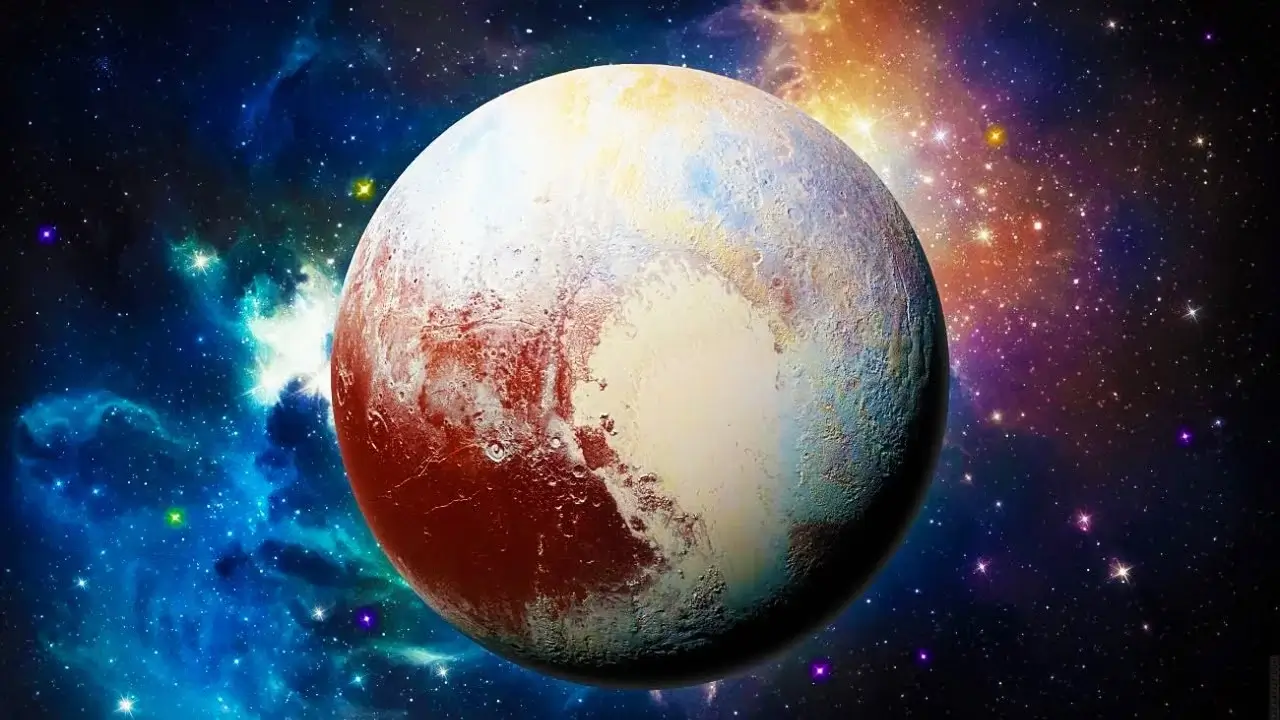Why is Pluto not a planet? The rewritten history of astronomy

The concept of the nature of celestial bodies has changed several times throughout human history. For early astronomers, any moving luminous body was a planet. The Greek word “planetas” literally means “wanderer” or “wanderer.” Ancient Greek astronomers observed seven such moving celestial bodies—Mercury, Venus, Mars, Jupiter, Saturn, the Moon, and the Sun.
These concepts were changed by the revolutionary discoveries of scientists such as Johannes Kepler, Galileo Galilei, and Nicolaus Copernicus. When it was proven that the Sun was the central body, a new system was formed in astronomy—the heliocentric system. Planets were now defined as bodies orbiting the Sun.
What are the requirements for being a planet?
The International Astronomical Union (IAU) defined the concept of a planet in 2006. According to him, in order to be recognized as a planet, an object must meet the following conditions:
- It moves around the Sun;
- Its gravity forces it to a stable spherical shape;
- It can squeeze other objects in its orbit out of its orbit by gravity.
Currently, only 8 celestial bodies are officially recognized as planets - Mercury, Venus, Earth, Mars, Jupiter, Saturn, Uranus and Neptune.
Why did Pluto lose its status as a "planet"?
Pluto was discovered in 1930 by Clyde Tombaugh. Initially, it was recognized as the ninth planet, because in the Solar System the gravitational effect was noticeable through it. However, over time, it was found that its small size and gravitational force were not enough to remove other objects from orbit.
In 2006, the IAEA reclassified Pluto as a dwarf planet. This decision caused controversy among the public and some scientists, but it was accepted as a mainstream science.
Planet Nine: Does It Exist?
Calif. Institute of Technology astronomer Mike Brown and his colleagues are suggesting that there may be another planet beyond Neptune, a body tentatively called “Planet Nine,” at the edge of the solar system. Its existence is indicated by the deviations in the orbits of many space objects. However, there is no clear visual evidence of the existence of such a planet yet.
Conclusion: astronomy is still evolving
The Pluto issue is not just a matter of classifying celestial bodies, but also of demonstrating the dynamics of science. Science never stands still – it is constantly being updated and developed. Each new discovery enriches our knowledge in astronomy, expands its boundaries. Perhaps in the coming decades we will again witness new additions to the list of planets.
The Zamin.uz editorial team will continue to inform you about the mysteries of the sky and the latest news from the world of astronomy. What do you think: Can Pluto regain its planetary status? Read “Zamin” on Telegram!
Ctrl
Enter
Found a mistake?
Select the phrase and press Ctrl+Enter 





















